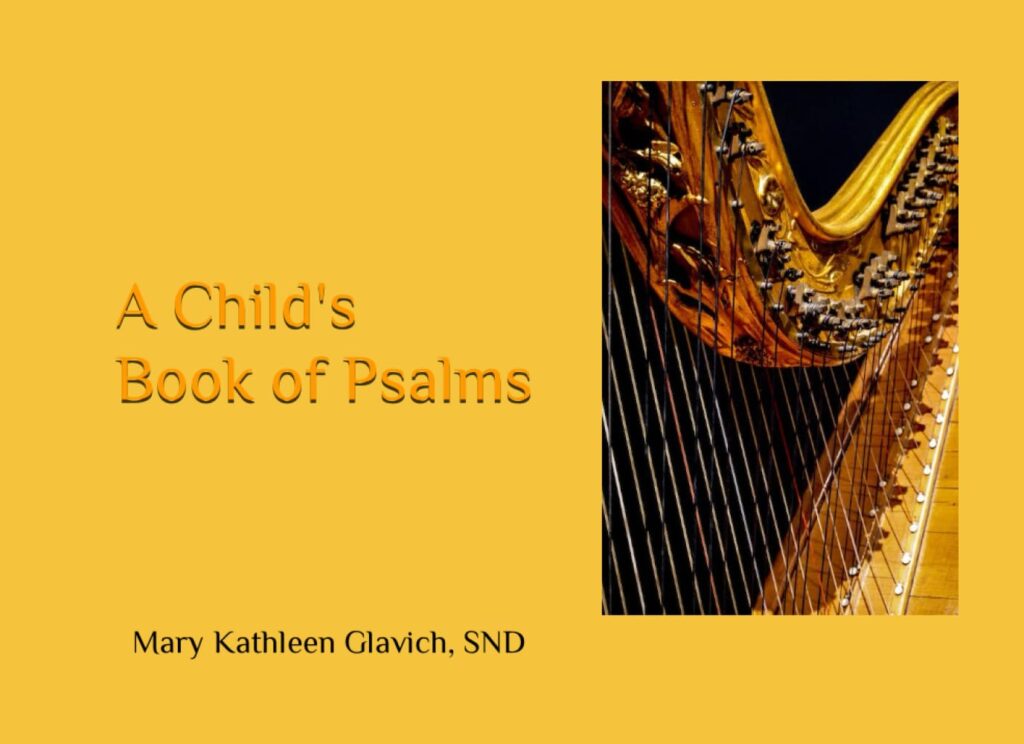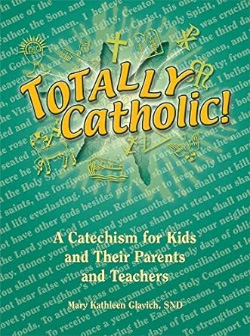 Since we celebrated the Feast of Corpus Christi (Body of Christ) on Sunday, let’s think about the Eucharist. What ever gave Jesus the idea of having bread become him so that we could consume him? Talk about crazy love. Although many faith traditions consider Jesus’ words, “This is my body” a figure of speech, we Catholics take it literally. After all, when Jesus multiplied a mere five loaves of bread to fill the stomachs of thousands of people, he flatly declared, “Those who eat my flesh and drink my blood have eternal life, and I will raise them up on the last day” (John 6:54). His Jewish followers, who even drained blood from their meat, were horrified at this seeming cannibalism. They turned around and left, but Jesus didn’t call them back, saying, “Wait a minute. I don’t really mean it.” In the sacred host and sacred wine, Jesus is truly present as the risen Lord, his glorified body. It is a supernatural mystery.
Since we celebrated the Feast of Corpus Christi (Body of Christ) on Sunday, let’s think about the Eucharist. What ever gave Jesus the idea of having bread become him so that we could consume him? Talk about crazy love. Although many faith traditions consider Jesus’ words, “This is my body” a figure of speech, we Catholics take it literally. After all, when Jesus multiplied a mere five loaves of bread to fill the stomachs of thousands of people, he flatly declared, “Those who eat my flesh and drink my blood have eternal life, and I will raise them up on the last day” (John 6:54). His Jewish followers, who even drained blood from their meat, were horrified at this seeming cannibalism. They turned around and left, but Jesus didn’t call them back, saying, “Wait a minute. I don’t really mean it.” In the sacred host and sacred wine, Jesus is truly present as the risen Lord, his glorified body. It is a supernatural mystery.
Staying among us as bread was a stroke of genius on the part of Jesus. Here are eight reasons why.
1. The symbolism of our “wonder bread” is obvious. Bread is our basic food. It is nourishing and life-giving. Likewise, God is our source of life from the first moment we came into existence and forever.
2. We hunger for food. Without it our stomachs growl, and eventually we grow weak. We hunger for God, whether we realize it or not.
3. Bread in myriad forms is found all over the world and easily made. God wanted to be accessible to all.
4. The food we eat becomes our living cells, us. When we consume the sacred host, our spiritual food, not only does the bread become part of us, but we become more like God.
5. Bread is made from many grains of wheat. This feature point to the fact that all of us are made one, united, by sharing the same heavenly food.
6. The grains of wheat are crushed to become the flour that makes the bread. Jesus was crushed by our sins in the sacrifice that is re-presented at every Mass.
7. The animals sacrificed to God were eaten by the Jewish people. So too, after we join with Jesus in offering his sacrifice to the Father in the Mass, we consume him.
8. We enjoy eating, especially pizza, which is basically bread. Eating is one of life’s pleasures (unless our food of the day is something we turn up our noses at). Partaking of the Eucharist is meant to be a celebration, a foretaste of the grand joyful banquet that awaits us in heaven.
As an English teacher, I love the foreshadowing of the Eucharist. Did you know that Bethlehem, where Jesus was born, means “house of bread” and that a manger is really a feed box? The Old Testament records that Joseph, who was sold into slavery by his brothers, forgave them and during a famine saved the world by providing bread. Of course, let’s not forget the story of God feeding his starving people with bread from heaven during their long sojourn in the desert on the way to the promised land.
Just as the two disciples on the way to Emmaus recognized the risen Jesus at the moment he offered them bread, may our eyes be open to see him in the holy bread he offers us daily.
In a talk on the Eucharist, St. Augustine said about it, “Behold what you are. Become what you receive.” When we eat the sacred bread, we become one with Christ. We too are to be taken, blessed, broken, and given. As Blessed Teresa of Calcutta, advised her sisters, “Let the people eat you up!”
What is your favorite Eucharistic hymn?








One Response
Being such a traditionalist, I generally do not care for more modern music, but I do like “The Air I Breathe.” The first time I heard it, it was sung by a woman with a beautiful mezzo-soprano voice. Her angelic voice made it sound almost classical. It really resonated with me. Jesus really is as necessary as “the air I breathe.”